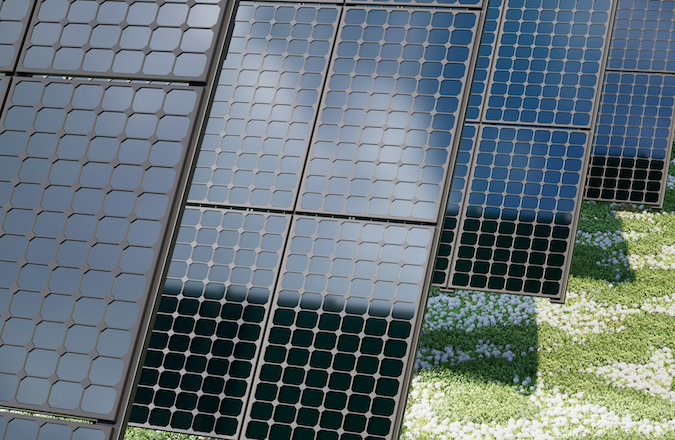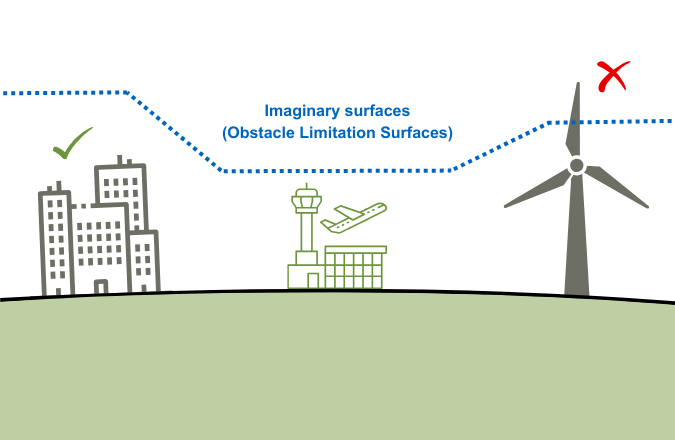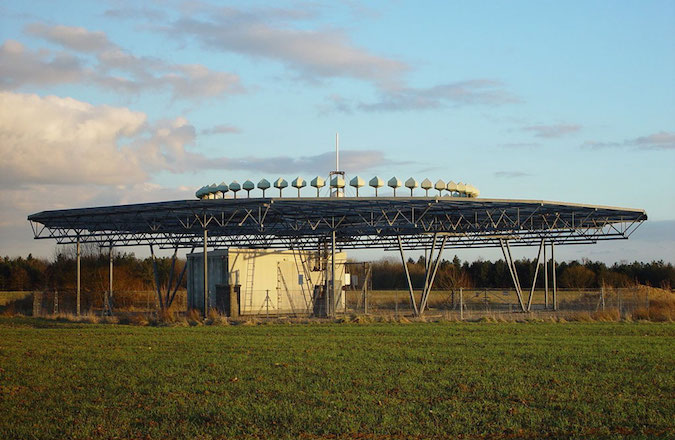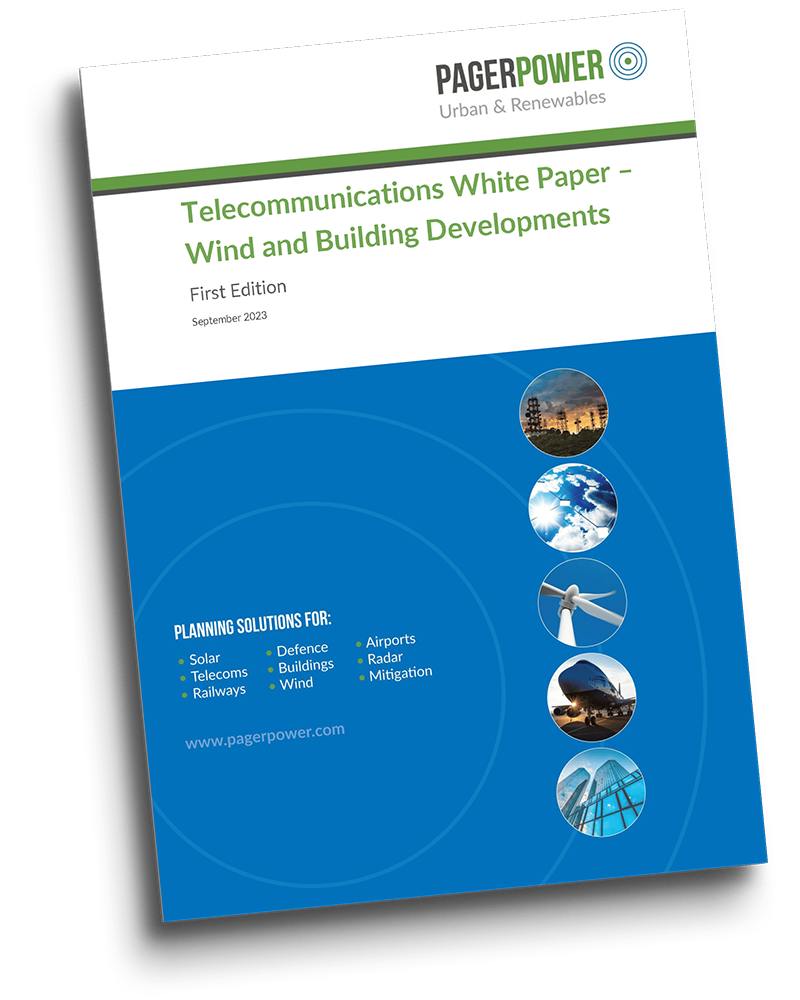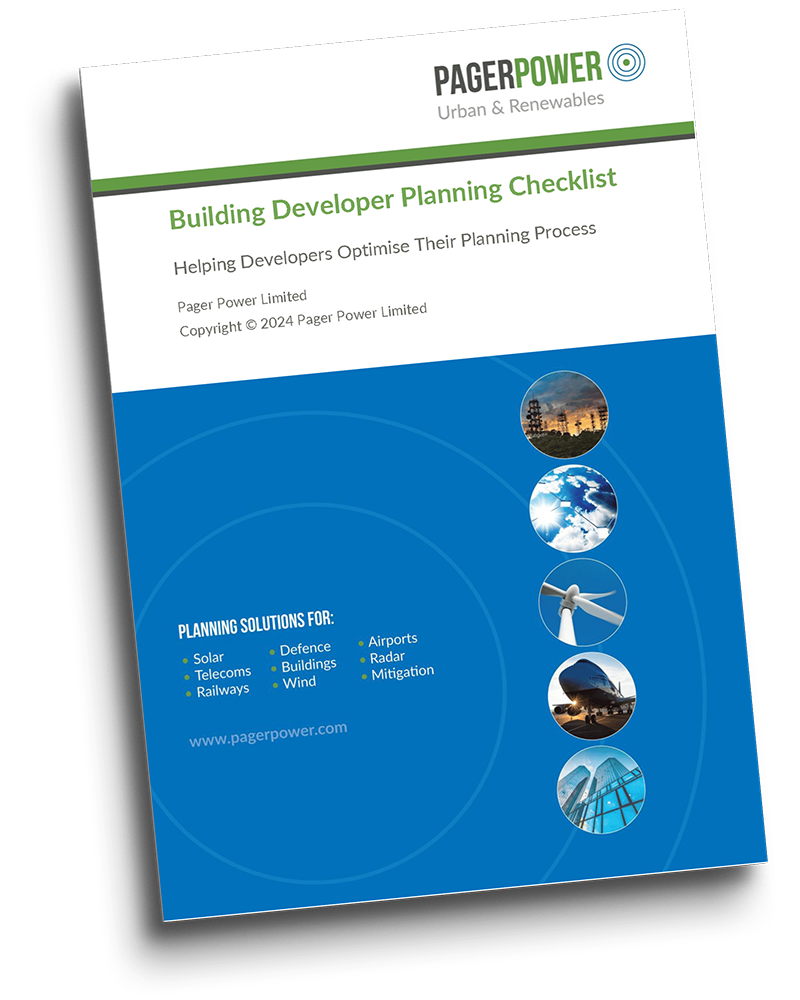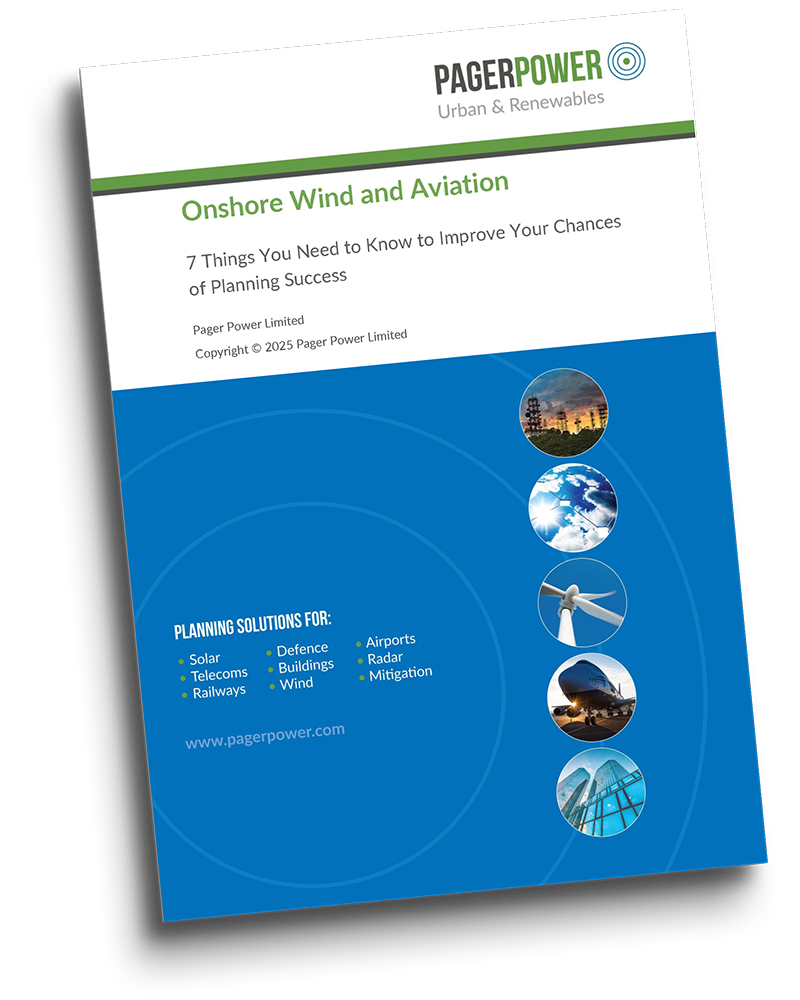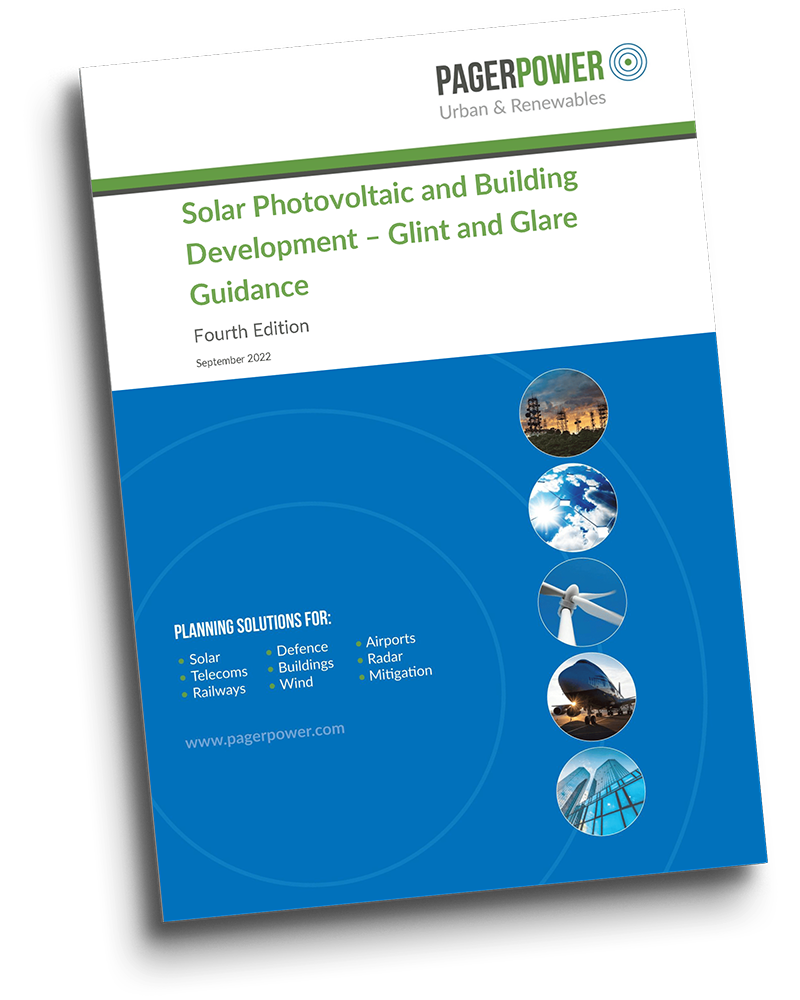Global Plastic Talks Collapse
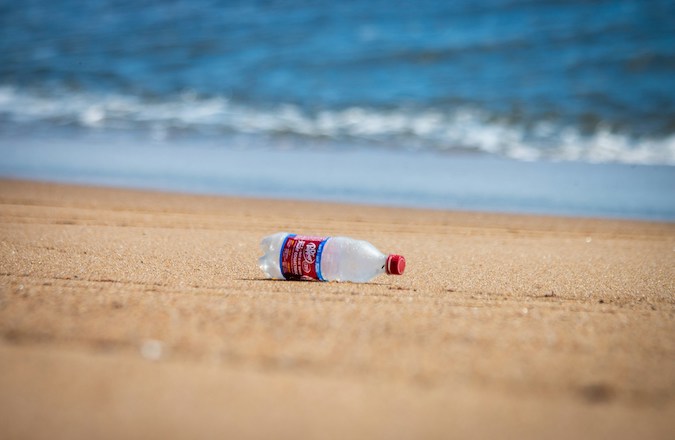
The sixth round of global talks chaired by the United Nations (UN) in a little under three years to agree a landmark treaty to deal with plastic pollution has ended without resolution.
Figure 1: Plastic bottle on a beach. [3]
Background to the Talks
The first round of talks were held in 2022 in response to an increase in scientific evidence of the risks of plastic pollution to both the environment and to human health. The risks of potentially toxic chemicals within plastics have to be balanced against the benefits of these materials to many different sectors and countries worldwide. The most significant concerns are generally raised against plastics when they break down into smaller pieces, such as microplastics being found in soils, rivers, the air and even human organs.
Scale of the Problem
Plastic production has risen [1] from around two million tonnes in 1950 to about 475 million tonnes in 2022. The UN environment programme (UNEP) claims [2] that every day, the equivalent of 2,000 rubbish trucks full of plastic are dumped into the world’s oceans, rivers, and lakes. They also say that every year, around 19-23 million tonnes of plastic waste leaks into aquatic ecosystems, polluting lakes, rivers and seas.
Divisions Between Nations
There was a deadline in place of December 2024 for countries to agree a global treaty to end plastic pollution, but this was not met. The divide between the countries has typically been about how to tackle plastic pollution:
- Whether the global treaty should aim to tackle the source of pollution (a more pro-active approach);
- Whether the treaty should aim to manage the pollution that is produced from it (a more reactive approach).
Within the multiple rounds of talks that have taken place, there has been a trend for the biggest oil-producing nations to prefer option 2, because they consider plastic production to be a vital part of their future economies. Their arguments include that plastics are fundamental to modern life, and that attempts to substitute plastics with other materials could lead to unintended consequences. The counter argument is that there is a limit to how much we can realistically recycle, and even if we were to achieve that, it may not be enough to tackle the pollution appropriately.
The latest round of talks collapsing is another setback in this long-running debate. The chair announced that the talks will resume at a later, but as of yet unknown, date.
About Pager Power
Pager Power undertakes technical assessments for developers of renewable energy projects and tall buildings worldwide.
For more information about what we do, please get in touch.


